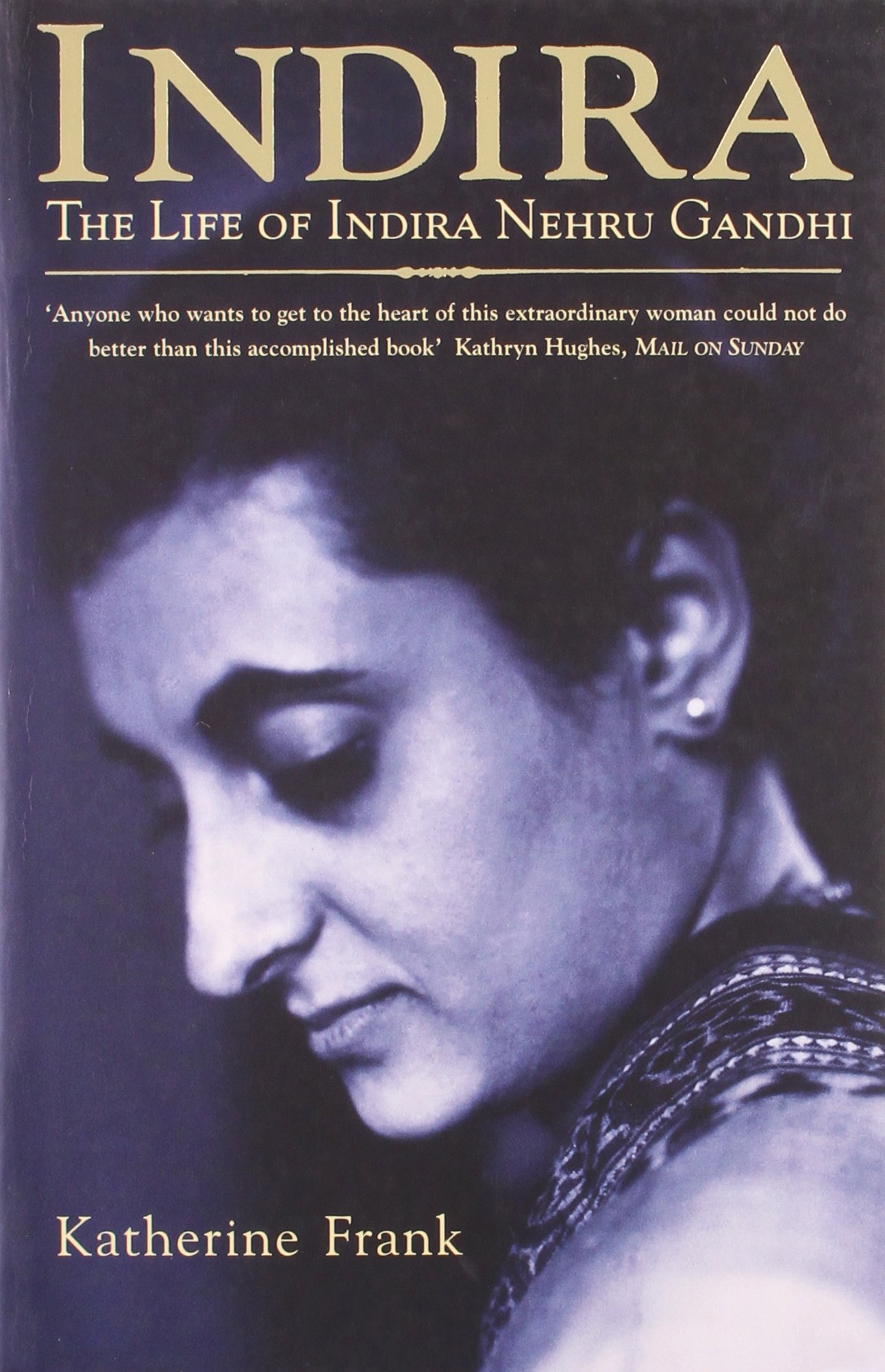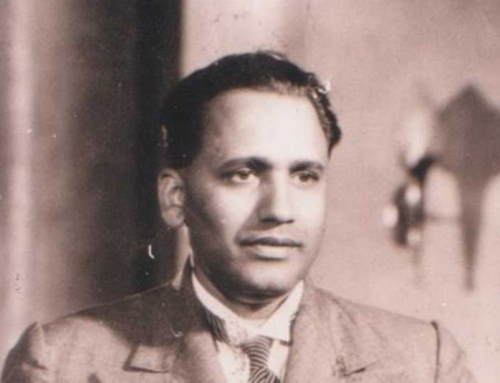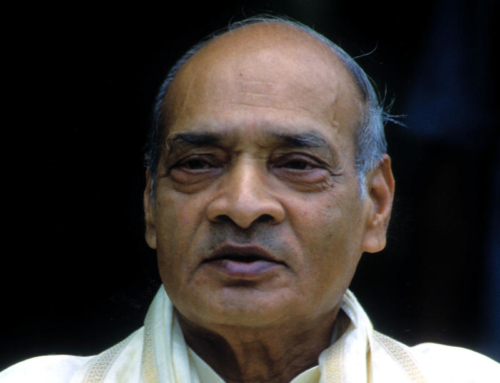On its surface, the life of independent India’s most consequential person neatly arranges itself into three sections: Nehru’s daughter, the revolutionary socialist Prime Minister and the Emergency villain. Katherine Frank’s great success is weaving the three together, so that the texture of this seemingly uncommon life seems indistinguishable from any other life, albeit with its unique blend of sadness, jubilation, heartbreak and grief.
The first third of the book touches upon Indira’s childhood in the palatial Anand Bhawan, with its manicured gardens, indoor swimming pool and liveried staff. The narrative around this time has a touch of Jane Austen to it: her aunts are called Nan and Betty (so named by their British governess); they are rude and snobbish with her mother, the sickly Kamala; her grandmother sides with said Nan and Betty; her father doesn’t seem to know or care about any of this; and the tension plays out over trips to Mussoorie and Europe.
The switch from this aristocratic frivolity to the bitter seriousness of the freedom movement is almost disorienting. The massacre at Jallianwala Bagh changes Anand Bhawan overnight. The servants are released, the horse carriages are dismantled, and even the cuisine changes. Everyone wears khadi. It must be said that the Nehru women are equal to the moment, and adapt themselves with grace and dignity.
And so does, at least on the surface, little Indira. Yet it seems almost inarguable that the absence of both parents for long periods of time (one always sick, the other always in jail) disfigured her childhood. She is defenceless against her aunt (Vijayalakshmi Pandit) who calls her, a 14 year old, “ugly and stupid”, and she holds on to the hurt all her life. When she complains about being depressed, her father shoots back from prison, “none of us, least of all you, has any business to be depressed”. She has to keep changing schools, to keep up with the nationalistic fads of her father, finally landing up, predictably, in Tagore’s Shantiniketan.
In this unsettled, mendicant life, it is easy to understand why she lunged towards the besotted Feroze Gandhi. Their romance blossomed, rather cinematically, with the backdrop of the Second World War, when they were together in Europe, and the independence struggle in India. This was to be the only time in her life when she was truly happy. The rush of this fleeting high disappeared with marriage and its ceaseless demands. His many affairs and her one (pathetically, with Nehru’s secretary), Nehru coercing him (obviously at her bidding) into remaining in the marriage, and his passive aggressive behaviour with Nehru in Parliament are all illustrations of the lengths to which people can be driven by their unresolved feelings.
One day in 1958, contemplating the breakdown of her marriage, Indira wrote the following verse:
But your thoughts they will not rest. They flutter like bats in ghostly confusion.
Round and round the exhausted brain. They gnaw and nibble their way like rats through your leaden weariness.
Rodent-like confusion with rodent-like relentlessness. A skilful summing up of her life. We would never have had more than a passing interest in it, had history not accelerated with the successive deaths of Feroze, Nehru and Lal Bahadur Shastri. Here Frank makes the point that three people had to die prematurely for Indira Gandhi to become India’s most powerful person (which is staggering enough, till one reflects on the fact that for Sonia Gandhi the figure is five).
For the reader, equipped with the knowledge of the letters that show the pain, diffidence and feelings of inferiority of this complex personality, it is a minor shock that she should have even been considered for PM, and it is one of life’s mysteries how she mutated into the consummate political animal she was to eventually become. Here Frank rightly quotes Sudipta Kaviraj, “Nothing was less inevitable in modern Indian politics than Indira Gandhi’s rise to power. Yet, as often happens in history, once it happened nothing was more decisive. It was modern Indian history’s most crucial and indelible accident.”
The newly minted Prime Minister turns out to be oddly allergic to dissent, even, of all places, at an All India Congress Committee meeting. After the meeting, she confides in a friend that her aunt calling her ugly and stupid “shattered something” within her; to the point that when faced with hostility, she becomes tongue-tied and withdraws.
The lonely, awkward teenager never left her.
To think that all those years of bypassing Parliament, brutally assaulting striking railway employees and arresting opposition leaders could have been avoided if someone’s aunt had been kinder…a wearisome and melancholic reflection.
When it comes to Mrs. G, though, there is a limit to the reader’s sympathy. After all, she did preside over the construction of the extractive licence permit raj, tried to amend the constitution out of existence, allowed her power-drunk son to implement his sadistic policies on helpless villagers, and, worst of all perhaps – suspended democracy in a fit of mindless paranoia.
The fallout of all this chaos, her election loss in 1977, seems like a feeble slap on the wrist, made worse by her soaring popularity shortly after she lost. As expected, she was returned to power with a huge majority in 1980.
The 1980s Indira was a tragic figure. As paranoid as ever, but suddenly unsure of her instincts; shaken to the core by the death of her son, and stumbling from one mistake to the next in violence-struck Punjab (mistakes that would turn out to be her undoing).
But shortly after she ordered the attack on the militants in the Golden Temple, wrecking Sikhism’s holiest shrine in the process, Indira Gandhi could suddenly see clearly again. Her childhood paranoia washed away.
She knew she was going to be killed. Frank wonderfully documents the darkness in the Gandhis’ life after the Golden Temple (Indira even wrote out instructions for her funeral). This time, the bats did not only flutter inside her, but also over her head. That in the end, the assassins were her own Sikh bodyguards, shows the inevitability of her fate once the bullets hit the temple.
The fallout of her death, the disastrous premiership of her inexperienced son, can be blamed directly on her, since it was her decision to restructure Nehru’s Congress into a family enterprise.
I have yet to see scholarship on the phenomenon of persons who succeed spectacularly at a job they do abominably. A good starting point for any interested researcher would be Katherine Frank’s ‘Indira’.




